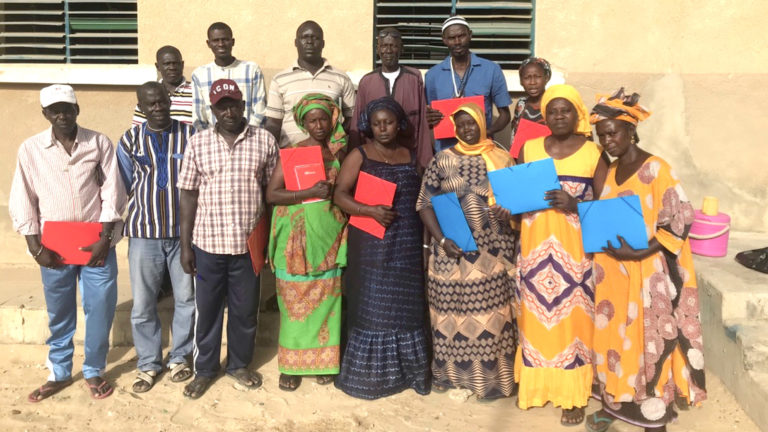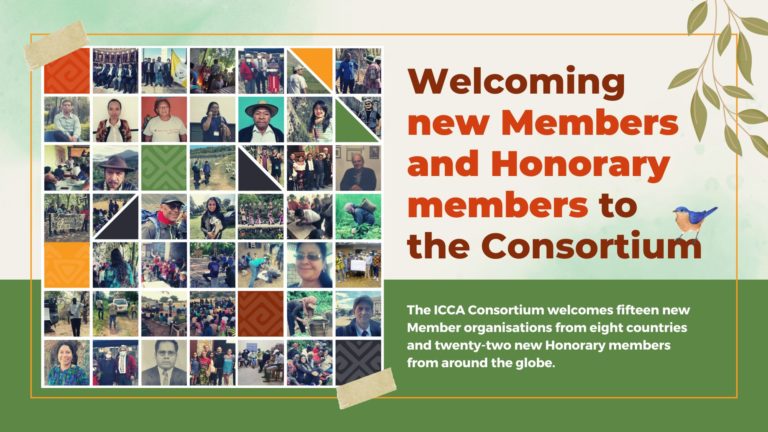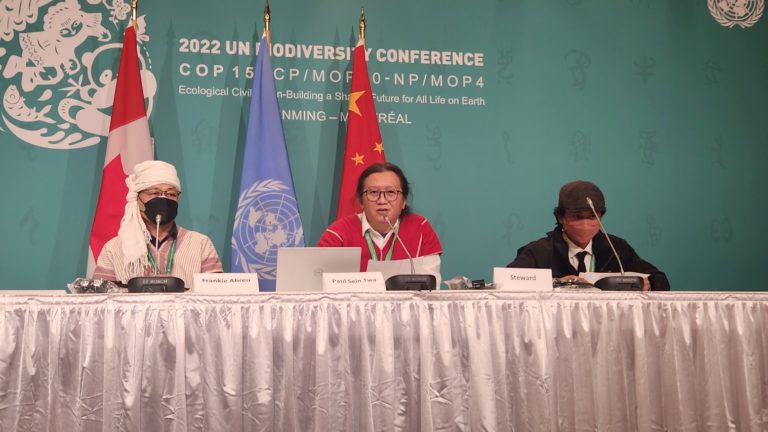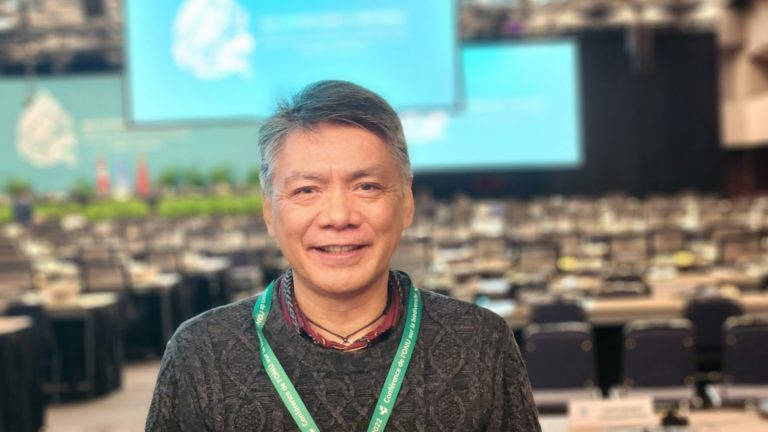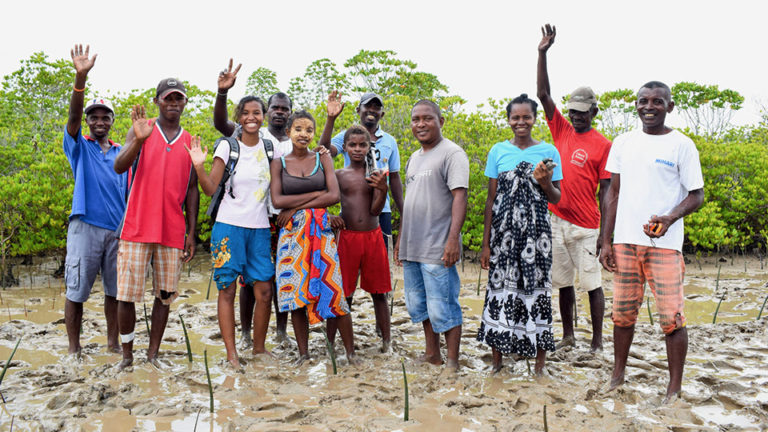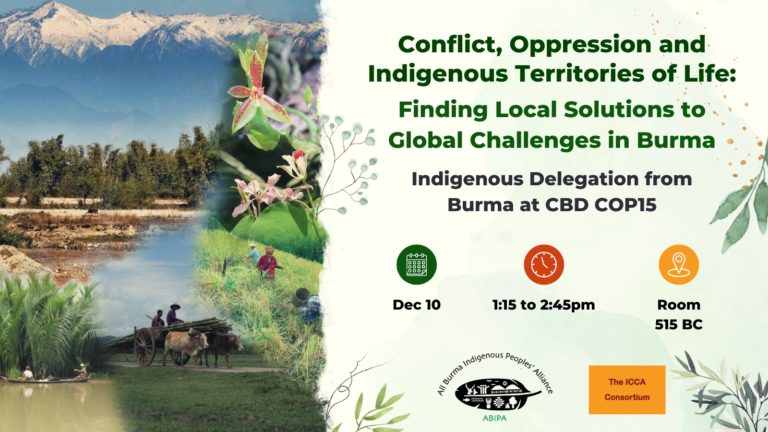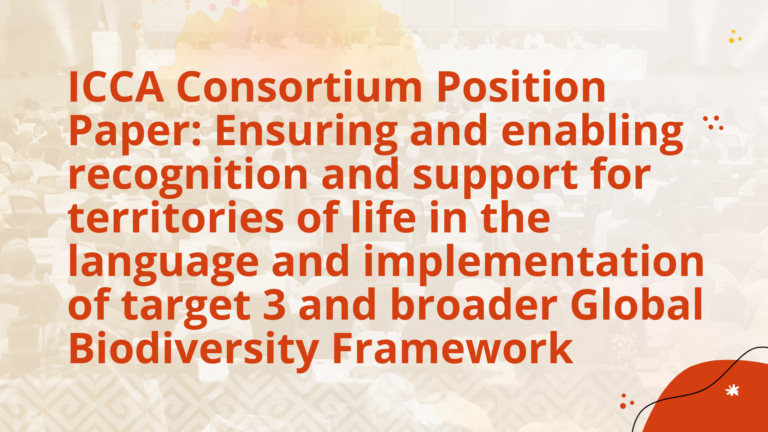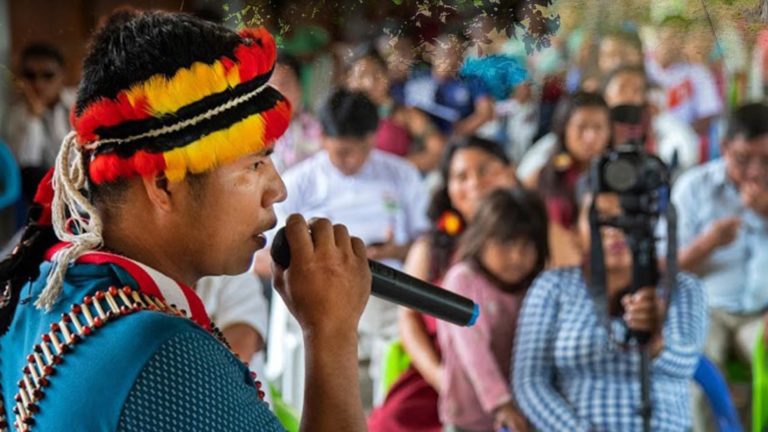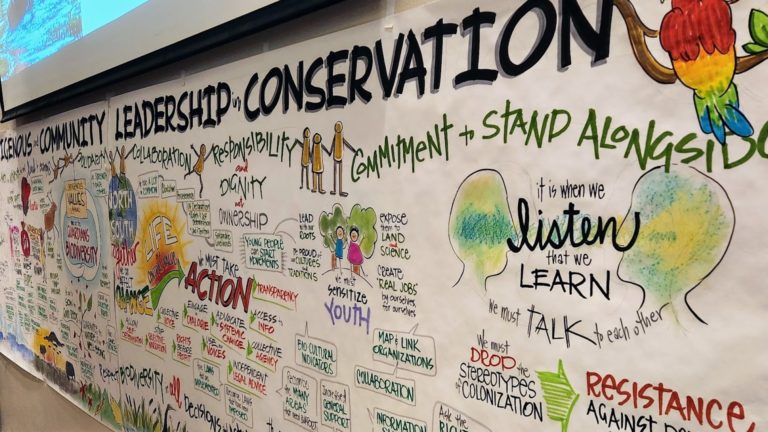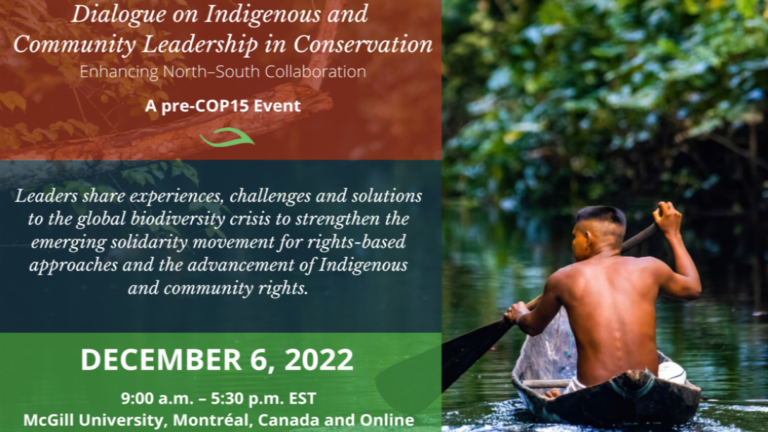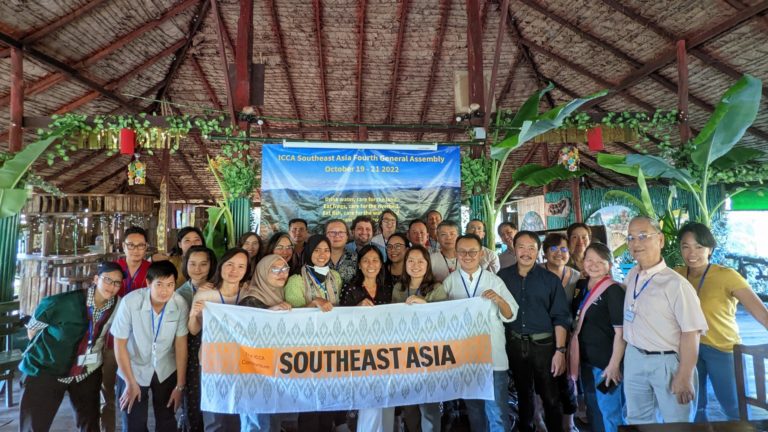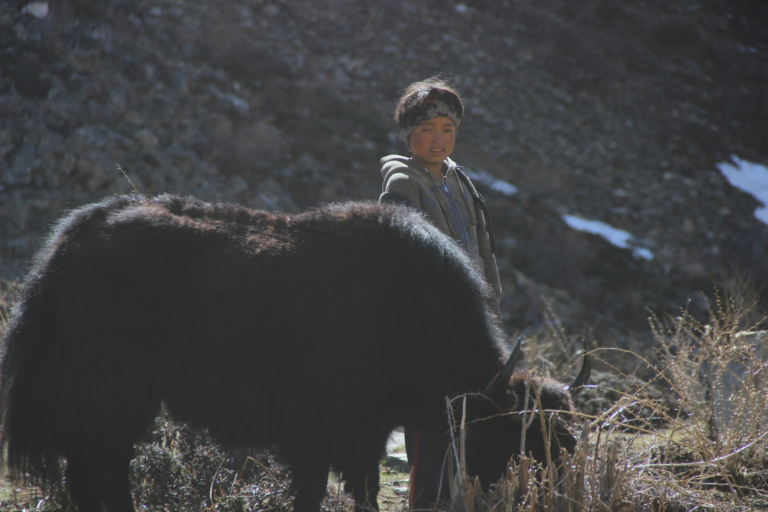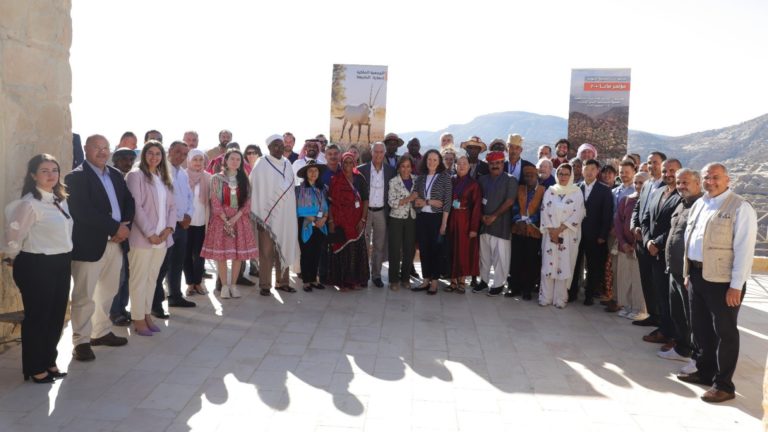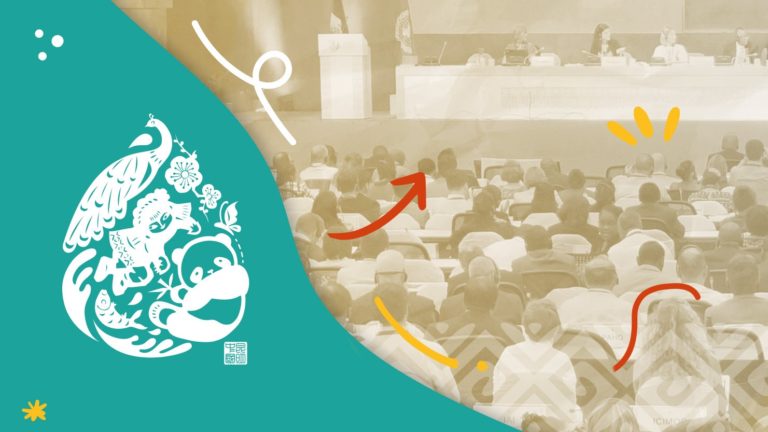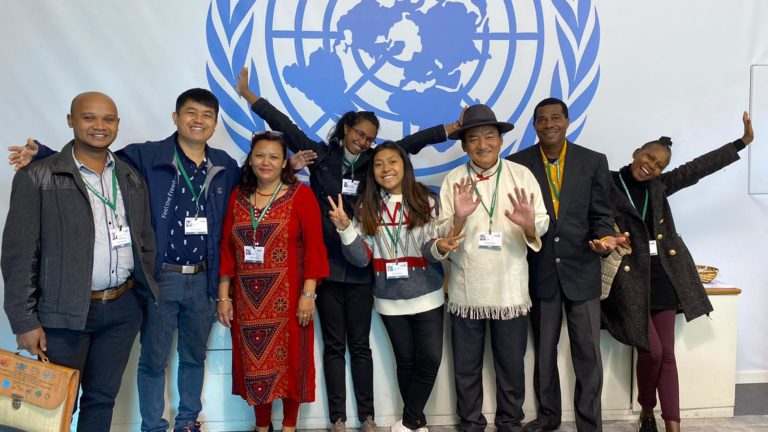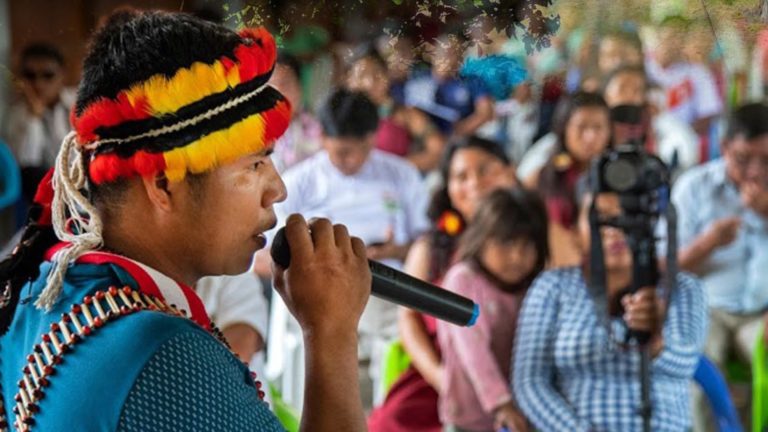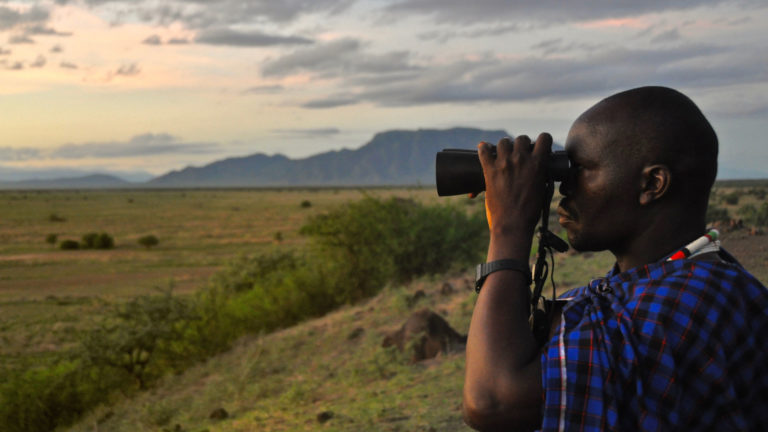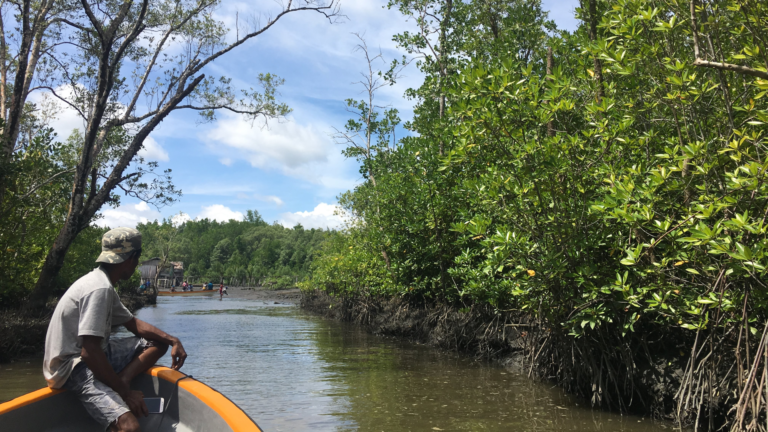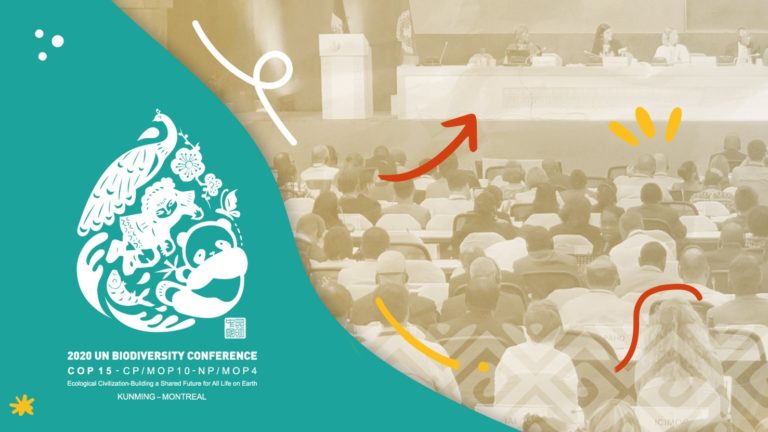En el contexto del proceso de regionalización del Consorcio TICCA, entre el 22 y 26 de octubre, se realizará la 1ª Asamblea Regional en América Latina, en la Casa de Encuentros La Salle en la localidad de Fusagasugá, Colombia. Será un encuentro orientado a compartir las experiencias y desafíos que enfrentan actualmente los Miembros de esta red en sus países. A partir de estas realidades se definirán las prioridades de acción para los próximos dos años en la región y diseñarán los principales ejes de la estrategia y plan de acción regional 2019-2020.
En esta ocasión se ha organizado un encuentro con espacios conjuntos durante la semana, con el Centro para la Conservación y el Desarrollo Alternativo Indígena – CICADA, organización que también es Miembros del Consorcio TICCA. Buscarán levantar temas de interés común y definir espacios de colaboración en el ámbito de la investigación-acción entre ambas redes.
Vea el programa general del encuentro conjunto con CICADA AQUÍ.
Vea el programa de la 1ª Asamblea Regional de América Latina AQUÍ
